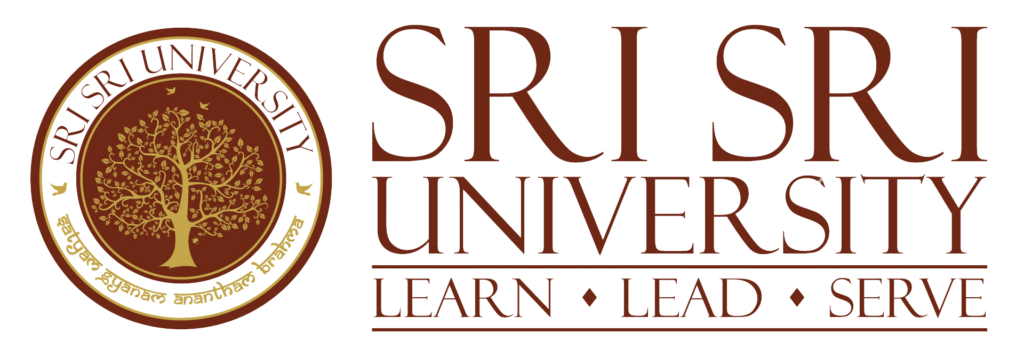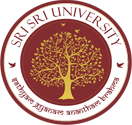Introduction:
Sustainable Development Goal 14 “Life Below Water” may be achieved by involving Education, Research and Practice. The faculty of Agriculture, Department of Environmental Science, Sri Sri Centre for Advance Research on Water Resources and Environmental Management (SSCARWREM) are primarily involved in education and research on water resources. The operations and maintenance department takes care of the technological, operational and facilitation of the water supply, water treatment and wastewater treatment and monitoring. Sri Sri University organises events, workshops, conferences and other awareness rallies, events by time.
- Environmental studies is a compulsory subject for all undergraduates. Its syllabus encapsulates water Scarcity, water pollution and its management.
- Undergraduate Programmes are taught on Agriculture and Environmental Sciences, an integral focus of which is watershed management
- Educational programmes are run on fresh-water ecosystems including water irrigation practices, water management and conservation for local communities
- River Rejuvenation Projects have been undertaken by the Vyakti Vikas Kendra, India (VVKI). VVKI has signed an MoU with Sri Sri University, focusing on the following:
- extensive water conservation measures,
- creating an increase in ground cover to establish sustainable farming practices,
- creating institutions for sustainable natural resource management, and
- aligning with govt schemes to make the River Rejuvenation Project functional.
- Awareness campaigns are organised by the SSU on the Conservation and Sustainable Utilization of the Oceans like beach cleaning, community outreach programmes
- Constant initiatives are carried out to maintain the ecological value of the campus’s internal and adjacent wetlands
- Water sensitive waste disposal system has been constituted adhering to the ‘Water Discharge Guidelines and Standards of the local government
- Initiatives for waste management inside the campus continue to reduce plastic waste that might pollute the water bodies and the wetlands
- Bio-STP recycles the sewage water, which is then used for plants, without being emptied into the waterbodies close to the SSU
- Minimizing the alteration of aquatic ecosystems is being taken up as a priority
- To prevent wetland pollution, regular monitoring of the following is conducted: the health of aquatic ecosystems, the aquatic fauna and flora, the soil dumps, the waste and sewage outfall, and garbage
- Sri Sri University has policies on Reducing Marine Pollution, Waste Management, Restoration Ecology and Sustainability



